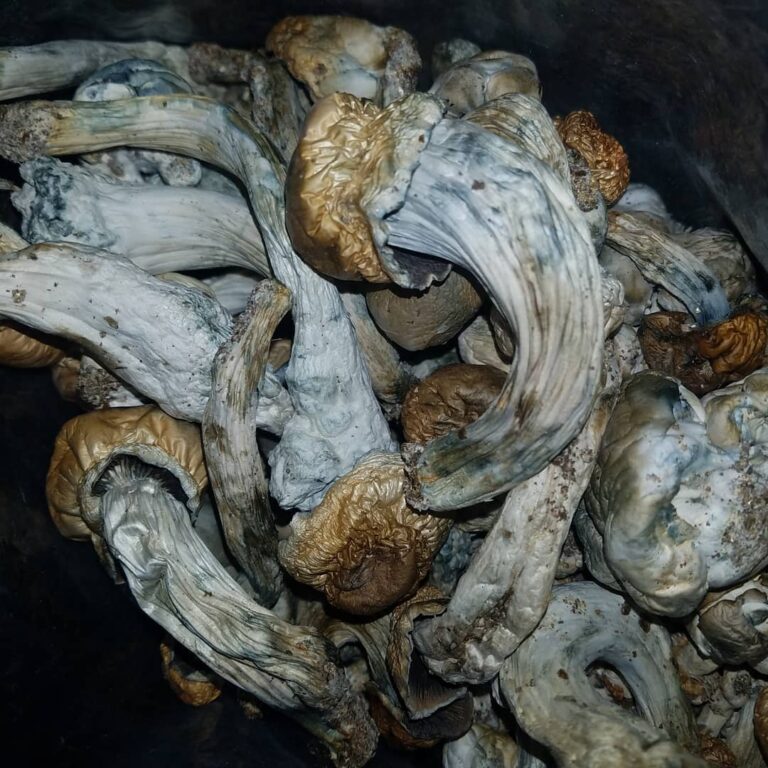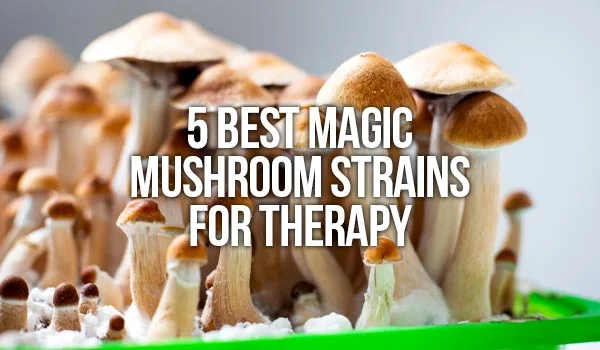Buy cocaine online, https://psychedelicmins.com
Do psychedelics really work to treat depression and PTSD? Here’s what the evidence says
Published: July 5, 2023 6.08am SAST
Author
- Sam MoretonAssociate Lecturer, School of Psychology, University of Wollongong.Buy cocaine online
Disclosure statement
Sam Moreton does not work for, consult, own shares in or receive funding from any company or organisation that would benefit from this article, and has disclosed no relevant affiliations beyond their academic appointment.
Partners
University of Wollongong provides funding as a member of The Conversation AU.
The Conversation is funded by the National Research Foundation, eight universities, including the Cape Peninsula University of Technology, Rhodes University, Stellenbosch University and the Universities of Cape Town, Johannesburg, Kwa-Zulu Natal, Pretoria, and South Africa. It is hosted by the Universities of the Witwatersrand and Western Cape, the African Population and Health Research Centre and the Nigerian Academy of Science. The Bill & Melinda Gates Foundation is a Strategic Partner. more Buy cocaine online
 We believe in the free flow of information
We believe in the free flow of information
Republish our articles for free, online or in print, under Creative Commons licence.
Republish this article
As of July 1, authorised psychiatrists have been allowed to prescribe MDMA (the chemical found in “ecstasy”) to treat post-traumatic stress disorder (PTSD), and psilocybin (found in “magic mushrooms”) to treat depression that hasn’t responded to other treatment.
Psychedelic therapies have researchers excited because evidence suggests they might have lasting beneficial effects on factors that cause psychological distress beyond the treatment period. These include feeling disconnected from other people, fear of death, and rigid ways of thinking.
This stands in contrast to most medications for psychological issues, which only directly help while people keep taking them regularly. Buy cocaine online
But how strong is the evidence for psychedelic therapy?
Get your news from people who know what they’re talking about.
Get newsletter
Early promise
Early results from studies around the world have found psychedelic therapy might be effective for treating a range of psychological issues.
For instance, most studies (but not all) have found patients tend to report fewer depression symptoms for periods ranging from several weeks to several months after psilocybin therapy.
Similarly, studies have found reductions in PTSD symptoms three weeks after MDMA therapy.
Not so fast
However, as psychedelic research has grown, limitations of the research have been identified by researchers both within and outside the psychedelic field. Buy cocaine online
One issue is that we aren’t sure whether findings might be due to a placebo effect, which occurs when a treatment works because people expect it to work. Buy cocaine online
In clinical trials, participants are often given either a medication or a placebo (inactive) drug – and it’s important they don’t know which they have been given. However, due to the strong effects, it is difficult to prevent participants from knowing whether they have been given a psychedelic. Buy cocaine onlinedrug.
Researchers have tried to use a range of different drugs (such as Ritalin) as a placebo in order to “trick” those participants not given a psychedelic into thinking they have received one. But this can be difficult to achieve. Buy cocaine online
In 2021, researchers reviewed clinical trials involving psychedelics such as LSD, psilocybin, and dimethyltryptamine (found in animals and plants) for mood and anxiety disorders. They found trials either had not assessed whether participants guessed correctly which drug they had been given, or that this had been tested and participants tended to guess correctly.
More recent trials either don’t measure this or find participants have a pretty good idea of whether they’ve had a placebo or a psychedelic drug.
Given the publicity and excitement around psychedelic research in recent years, it is likely most participants have strong beliefs such therapies work. This could lead to a significant placebo effect for participants given a psychedelic dose. Additionally, participants who realise they have received a placebo could experience disappointment and frustration, resulting in worse symptoms. The benefits of a psychedelic may seem even greater when they are compared to the experiences of disappointed participants.
Read more: The TGA has approved certain psychedelic treatments: the response from experts is mixed
Translating trials to practice
Anecdotally, patients might be motivated to report they have gotten better, even when they haven’t.
On a 2021 podcast, one clinical trial participant described how, in hindsight, the information they provided to the trial did not accurately capture the worsening of their symptoms. Trial participants are likely aware their results might affect whether treatments are legalised. They may not want to “ruin” the research by admitting the treatment didn’t work for them.
There is also uncertainty about whether the findings from clinical trials mean treatments will work in private practice. There may be a lack of clarity around how trial participants are recruited and selected. Therefore participants may not represent the typical person with PTSD or treatment-resistant depression.
And while the safety of psychedelics within controlled contexts is often emphasised by advocates, less is known about safety of psychedelic therapy outside clinical trials.
Resolving issues
These issues do not mean the promising psychedelic research conducted over the past several decades is worthless. Nevertheless, a recent review of the effects of MDMA and psilocybin on mental, behavioural or developmental disorders by Australian researchers concluded the “overall certainty of evidence was low or very low”.
Dutch researchers recently drafted a roadmap for psychedelic science with a checklist for future research to help avoid these pitfalls. When more research is done, it might turn out psychedelic treatments help patients and don’t come with unacceptable harms – we simply don’t know that yet.



